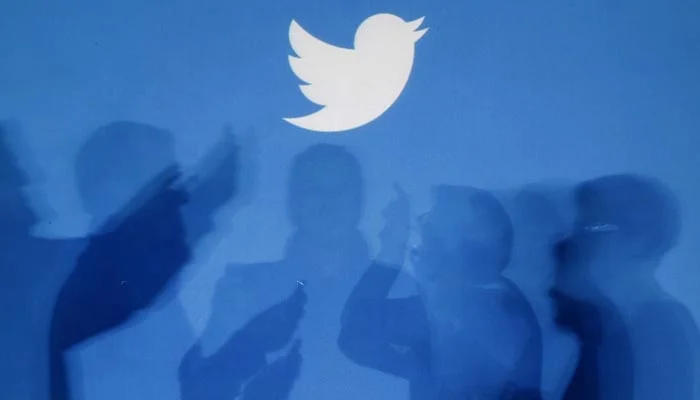Tech
Twitter hacked, 200 million user email addresses leaked: researcher

Latest News
TikTok offers a special in-app experience to commemorate the release of Jimin’s second solo album, MUSE, by BTS.
Latest News
63,000 Instagram accounts are deleted by Meta
Latest News
Google abandons its plans to do rid of cookies in Chrome
-

 Latest News2 days ago
Latest News2 days agoUS Will Not Interfere in Pakistan’s Internal Matters: Miller
-

 Business2 days ago
Business2 days agoA jail sentence and heavy fines were declared for fake tax documents.
-

 Latest News2 days ago
Latest News2 days agoThe ECP asks the SC to clarify the ruling in the PTI reserved seat case.
-

 Latest News2 days ago
Latest News2 days agoPM Youth Programme: Shehbaz Sharif Makes Critical Choices To Give Youth Jobs
-

 Latest News2 days ago
Latest News2 days agoPrime Minister and Secretary General of ECO Hold Meeting
-

 Latest News21 hours ago
Latest News21 hours agoRainfall throughout the night stops flights in Lahore.
-

 Entertainment2 days ago
Entertainment2 days agoFilming for “Yeh Ishq” begins with Sheheryar Munawar and Ushna Shah.
-

 Latest News2 days ago
Latest News2 days ago63,000 Instagram accounts are deleted by Meta






















